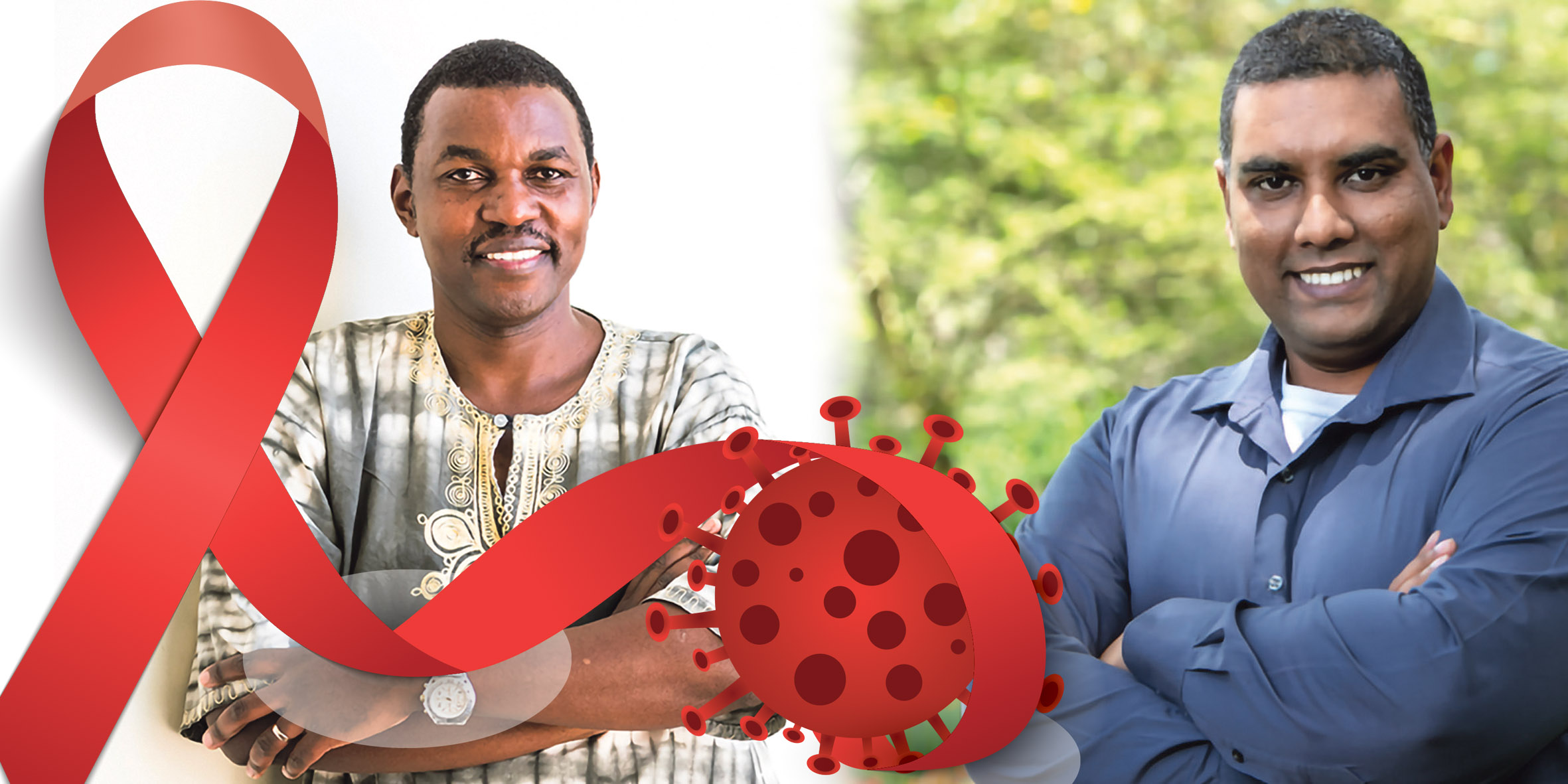South Africa’s elite controllers, those rare human beings whose bodies have a natural ability to control HIV without taking medicine, hold the key to a giant leap forward in the treatment of viral infections – not only for the HIV pandemic but also for other viruses, such as Covid-19.
Researchers from the South African Medical Research Council and the University of KwaZulu-Natal are inching closer to finding an answer to the natural control of HIV.
“We are seeing an increase in resistance to antiretrovirals (ARVs), and this makes it even more essential that we solve this puzzle,” said Dr Veron Ramsuran, who is leading the research.
Genetics contributes to the human body’s response to disease, Ramsuran said, and whether a viral infection progresses quickly or slowly.
Naturally suppressed HIV
“Under normal circumstances, if you live with HIV and you don’t take ARVs, then your viral load will increase. But in less than 1% of people who are infected with the virus this doesn’t happen,” he said.
To qualify for elite controller status, a patient’s viral load must stay stable for up to two years. One of the patients who is part of the study has been naturally suppressing HIV for a decade.
Ramsuran said there are other factors that can contribute to a person appearing to naturally suppress the virus.
Read more: In-depth – what it means to build genomics capacity in Africa
“It can be that the virus is defective or that a person’s environment, nutrition and lifestyle contributes,” he said. But with the elite controllers, these factors have been excluded.
He said these patients share mutations in their DNA, which has led researchers to believe it is a genetic trait.
“So, if we can mimic what this mutation does, then we can design a better drug,” he said. “If some genes in the body have the ability to kill the virus, we can turn them on again.”
This led Ramsuran to think about the Covid-19 pandemic. “I wanted to look specifically at Africa and why African people appeared to be better protected against the… virus,” he said.
He said the researchers will look to see if there is a natural antiviral factor specifically in African genes. “This will be significant because it will enable us to prioritise people for vaccines according to their genetic mutations,” he explained.
He said his theory was that, like with the elite controllers, some individuals have a mutation in their genes that allows them to control the Sars-Cov-2 virus.
“This will be essential because if we find ourselves in another pandemic and there is a shortage of vaccines, then this type of genetic medicine will assist us to identify which patients must be prioritised,” he said.
Best immune responses
“Looking at the genetic variation and its impact on HIV is a game changer, because it will shed light on some of the best immune responses that can be generated against… HIV,” said Thumbi Ndung’u, scientific director of the HIV Pathogenesis Programme and a professor in HIV/TB research at the University of KwaZulu-Natal. “And this knowledge will be widely applicable and could have an impact on other diseases – infectious and non-infectious – as well as their drug interventions.
Read more: Getting people onto ARVs — tracking SA’s progress is tricky, so we broke down the data
“It will make sure that Africans, just like everybody else, are at the centre of drug and vaccine development.”
The driving force behind another ambitious undertaking, the National 110K Human Genome Project, is to understand more about our genomic diversity, address health issues and pave the way for personalised medicine in the country. The project will involve 110,000 South African participants.
The HIV Host Genome project laid the groundwork for this large-scale population study.
Rizwana Mia, co-founder of the South African Medical Research Council’s Genomics Centre, said: “The HIV Host Genome project was started at the same time as we launched... the African Genomics Centre in Cape Town.”
This was done with the support of MGI Tech, a company that creates genetic sequencing machines. It helped the centre with the lab’s specialised infrastructure.
“This was at a time when there was no real infrastructure for large-scale next-generation sequencing in Africa,” Mia added.
The data collected in these labs and by these projects will be incorporated into a national population database, enhancing research outcomes and deepening disease understanding in and for Africa. DM
This story first appeared in our weekly Daily Maverick 168 newspaper, which is available countrywide for R35.






